Regarding the case of 'Thailand discovered Chinese milk grapes with pesticide residue exceeding the permitted level', the Plant Protection Department said it is exchanging information on international food safety warning channels to assess the risk.
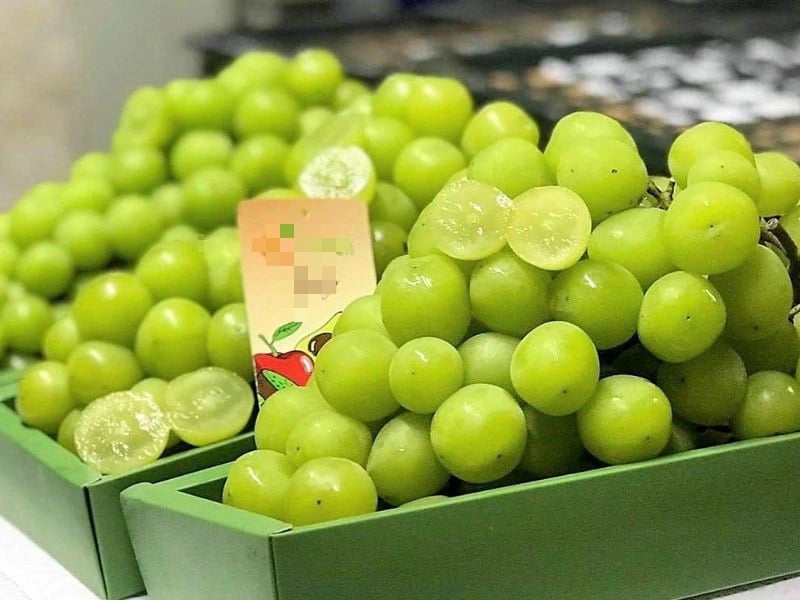
As a result of testing 10 batches of Chinese grapes imported into Vietnam in 2024, the Plant Protection Department has not detected any batch with pesticide residues - Photo: PN
Mr. Nguyen Quang Hieu - Deputy Director of the Plant Protection Department (Ministry of Agriculture and Rural Development) - said so when the information related to "Thailand discovered Chinese milk grapes with pesticide residue exceeding the permitted level" was released on the afternoon of October 31.
"Waiting for official information"
According to Mr. Hieu, the Plant Protection Department recently received information from the Thai Pesticide Alert Monitoring Network (Thai-PAN) about some batches of milk grapes containing pesticide residues exceeding the permitted level and some prohibited substances.
The Plant Protection Department checked and found out that Thai-PAN is a non-governmental organization in Thailand. This is an independent assessment unit, they presented their findings to the Thai authorities for official warnings.
The Plant Protection Department also contacted representatives of the Thai Ministry of Agriculture to learn and receive official information.
"After receiving official information, based on the analysis results and official warnings from Thailand, the Plant Protection Department will review and apply strict inspection methods to imported grape shipments from China.
The Plant Protection Department will continue to exchange information through international food safety alert channels to assess the food safety risk to Chinese grapes.
"When reporting news, the media should cite official information from the management agencies of the Ministry of Agriculture and Rural Development to avoid causing inaccurate public opinion in society," Mr. Hieu emphasized.
How are fresh Chinese grapes imported to Vietnam inspected?
Regarding fresh grapes imported from China to Vietnam, Mr. Hieu said that currently, all fruit batches, including grapes, imported into Vietnam are subject to the usual food safety inspection method (only checking records). The order and procedures for food safety inspection are implemented according to the provisions of Decree 15-2018 of the Government.
Regarding imported grapes, the Plant Protection Department has included them in the food safety monitoring program in 2024. The test results of 10 samples of imported grapes from China showed that no samples violating food safety (pesticide residues) of Vietnam were detected.
Results of monitoring Chinese grapes in 2023, testing 77 samples, found 1 sample (1.3%) violating Vietnamese regulations.
Mr. Hieu also said that in addition to checking imported fruits before customs clearance, every year the Plant Protection Department implements a food safety monitoring program for imported foods of plant origin.
The main activity of this program is to collect samples to analyze food safety indicators, especially focusing on indicators of pesticide residues on imported fruits.
The program's objective is to assess the safety level of imported foods, demonstrated through compliance with Vietnam's food safety regulations; serve food safety inspection activities for imported plant-based goods, prevent unsafe shipments to protect the health of domestic consumers.
At the same time, promptly propose to the management agency to supplement or change the inspection criteria and inspection items for imported food to suit the actual situation.
Thai-PAN: Shocked when 23 out of 24 milk grape samples had pesticide residue exceeding the permissible level
Previously, the Thai Pesticide Alert Network (Thai-PAN) issued a warning about the contamination of milk grapes, after discovering that most of the collected fruit samples contained toxic chemical residues exceeding the maximum allowable level.
The agency had previously purchased 24 samples of popular grapes from various locations in early October. As a result, 23 out of 24 Shine Muscat (milk grapes) samples tested were found to be contaminated with toxic substances.
Of these, 9 samples of milk grapes were identified as imported from China, while the origin of the remaining 15 samples was unknown.
"We were quite shocked to see that 23 out of 24 samples had pesticide residues exceeding the permissible limit," said Prokchon Usap, coordinator of Thai-PAN.
Notably, a sample of milk grapes was found to contain a pesticide (chlorpyrifos) banned in Thailand (this active ingredient is also not on the list of pesticides allowed for use in Vietnam).
Another 22 samples contained 14 harmful chemical residues exceeding the safety limit of 0.01 mg/kg and 50 other pesticide residues, many of which were pesticides that can penetrate the grapes, helping them stay fresh longer.
Source: https://tuoitre.vn/nho-sua-trung-quoc-co-du-luong-thuoc-sau-qua-muc-cuc-bao-ve-thuc-vat-noi-gi-20241031163521901.htm



![[Photo] Prime Minister Pham Minh Chinh works with the Standing Committee of Thai Binh Provincial Party Committee](https://vphoto.vietnam.vn/thumb/1200x675/vietnam/resource/IMAGE/2025/5/12/f514ab990c544e05a446f77bba59c7d1)

![[Photo] Prime Minister Pham Minh Chinh receives Swedish Minister of International Development Cooperation and Foreign Trade](https://vphoto.vietnam.vn/thumb/1200x675/vietnam/resource/IMAGE/2025/5/12/ae50d0bb57584fd1bbe1cd77d9ad6d97)

![[Photo] Prime Minister Pham Minh Chinh starts construction of vital highway through Thai Binh and Nam Dinh](https://vphoto.vietnam.vn/thumb/1200x675/vietnam/resource/IMAGE/2025/5/12/52d98584ccea4c8dbf7c7f7484433af5)
![[Photo] Explore the Great Wall of Water in the Suburbs of Beijing, China](https://vphoto.vietnam.vn/thumb/402x226/vietnam/resource/IMAGE/2025/5/5/c2e706533d824a329167c84669e581a0)







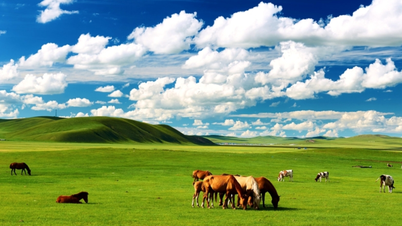
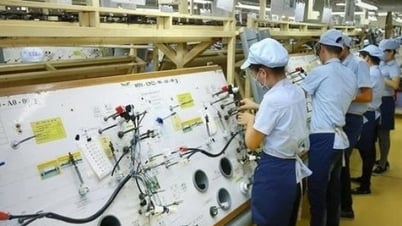
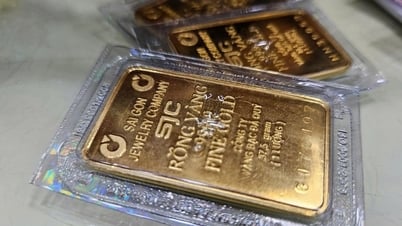


























































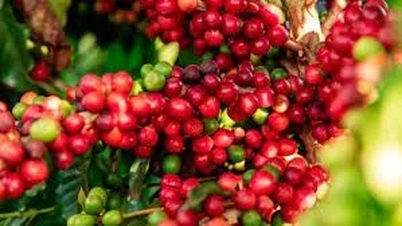

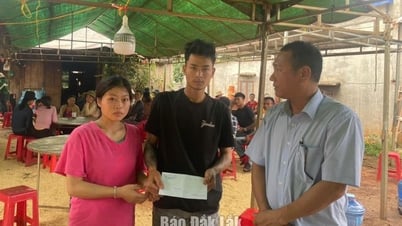

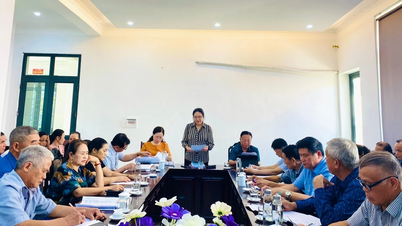




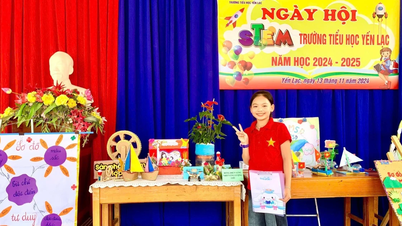










Comment (0)